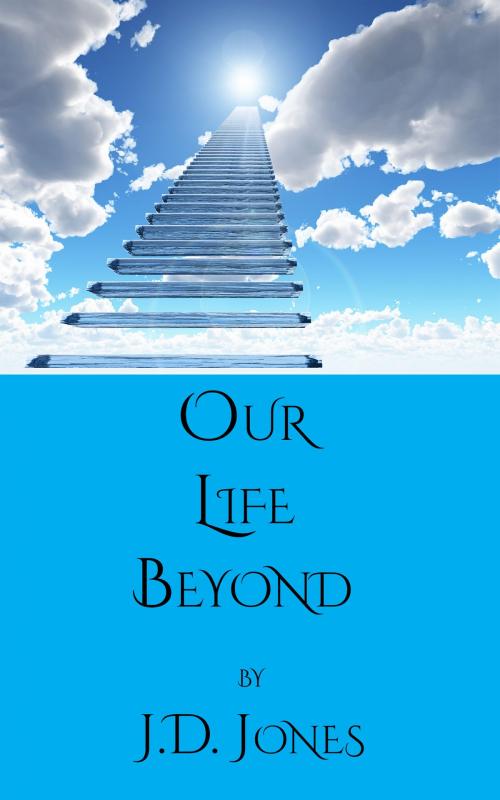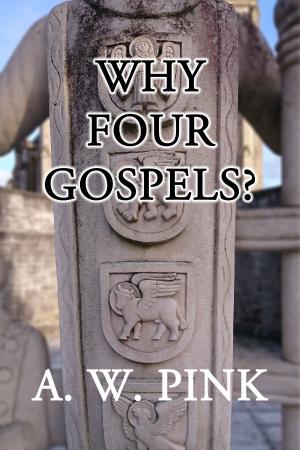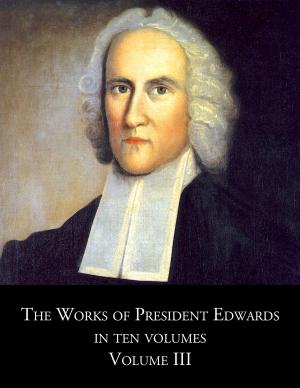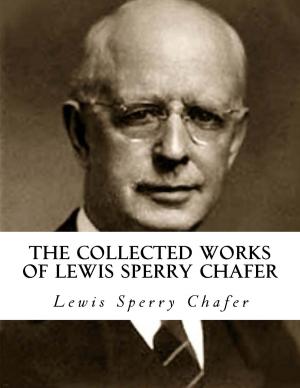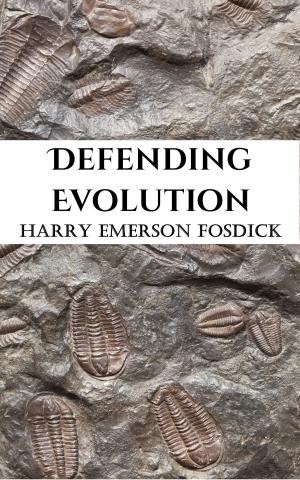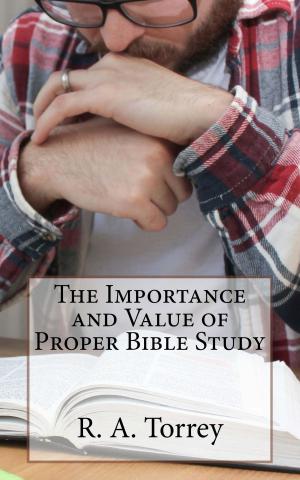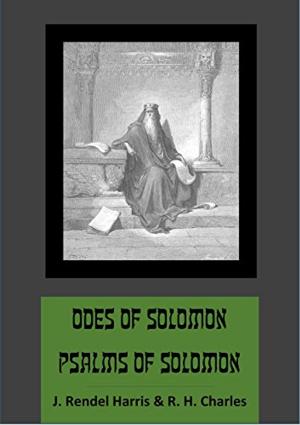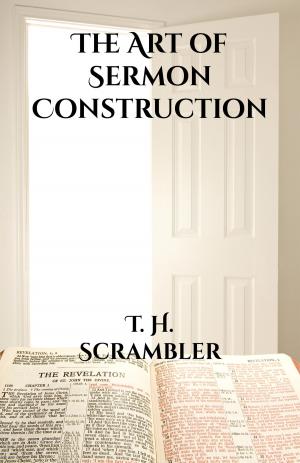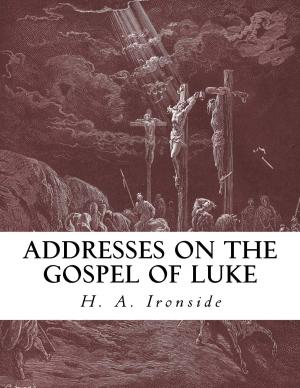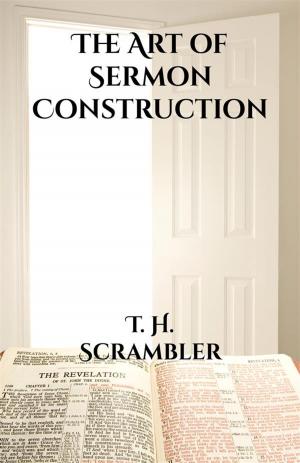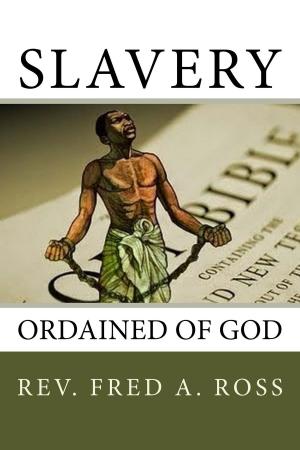| Author: | J. D. Jones | ISBN: | 1230001930498 |
| Publisher: | CrossReach Publications | Publication: | September 24, 2017 |
| Imprint: | Language: | English |
| Author: | J. D. Jones |
| ISBN: | 1230001930498 |
| Publisher: | CrossReach Publications |
| Publication: | September 24, 2017 |
| Imprint: | |
| Language: | English |
When Christ rose again, says the inspired Apostle, He “brought life and immortality to light.” He made clear what had previously been hidden and dark; He made sure what had previously been doubtful; He converted a perhaps into a certitude, a speculation into an assurance. But while He threw light on the fact of the immortal life, He left the nature of it very much in shadow. Our Lord never attempted any detailed description of heaven. The references to it in Scripture are not by way of exact and definite description, but rather by way of hint and figure and symbol. The veil of the Temple was rent in twain when Jesus died, says the Evangelist, but a veil still hides the heavenly life from our curious and inquisitive eyes.
In view of the fact that the Scriptures say so little about the nature of the life to come, it would seem to be the part both of wisdom and reverence not to seek to pry into secrets which God has kept within His own authority. Goethe has said somewhere “We may well leave the next world to reveal itself to us in due time, since we shall soon enough be there, and know all about it.” “Leave the next world to reveal itself in due time”—it sounds eminently sensible and wise But it entirely fails to reckon with the human heart. In times of health and prosperity, in days when all goes well with us, it may be comparatively easy to dismiss the thought of the life to come out of our minds; but when dear ones are taken away from us, or the time of our own departure draws near, it is not the slightest use to tell us not to trouble about the nature of the life beyond. That is the question of questions to us then; that is the one thing that matters then. In the full tide of vigour and strength men may think that it is money that matters, or that it is business that matters, but in the presence of death things appear in their real values, and we know that the one thing that really matters is the life everlasting. What kind of life is it upon which we enter when we pass through the gates of death? How fares it with our beloved who have already passed within those gates? It is in vain to say that it is foolish to worry ourselves about questions like these.
When Christ rose again, says the inspired Apostle, He “brought life and immortality to light.” He made clear what had previously been hidden and dark; He made sure what had previously been doubtful; He converted a perhaps into a certitude, a speculation into an assurance. But while He threw light on the fact of the immortal life, He left the nature of it very much in shadow. Our Lord never attempted any detailed description of heaven. The references to it in Scripture are not by way of exact and definite description, but rather by way of hint and figure and symbol. The veil of the Temple was rent in twain when Jesus died, says the Evangelist, but a veil still hides the heavenly life from our curious and inquisitive eyes.
In view of the fact that the Scriptures say so little about the nature of the life to come, it would seem to be the part both of wisdom and reverence not to seek to pry into secrets which God has kept within His own authority. Goethe has said somewhere “We may well leave the next world to reveal itself to us in due time, since we shall soon enough be there, and know all about it.” “Leave the next world to reveal itself in due time”—it sounds eminently sensible and wise But it entirely fails to reckon with the human heart. In times of health and prosperity, in days when all goes well with us, it may be comparatively easy to dismiss the thought of the life to come out of our minds; but when dear ones are taken away from us, or the time of our own departure draws near, it is not the slightest use to tell us not to trouble about the nature of the life beyond. That is the question of questions to us then; that is the one thing that matters then. In the full tide of vigour and strength men may think that it is money that matters, or that it is business that matters, but in the presence of death things appear in their real values, and we know that the one thing that really matters is the life everlasting. What kind of life is it upon which we enter when we pass through the gates of death? How fares it with our beloved who have already passed within those gates? It is in vain to say that it is foolish to worry ourselves about questions like these.
